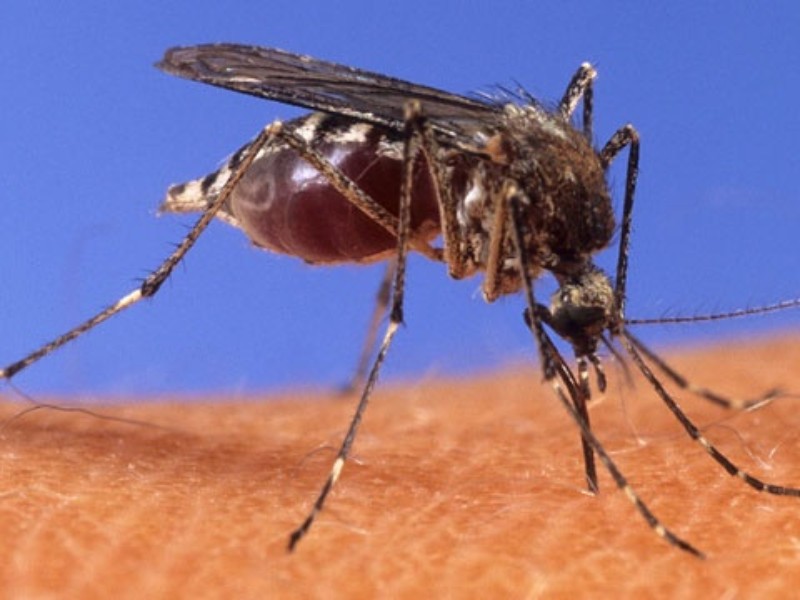A mosquito-borne virus that arrived in the Americas just six months ago is spreading and afflicts nearly 4,600 people in the Caribbean, the Pan American Health Organization reported this week.
Cuba is the latest country to confirm cases of the chikungunya virus, which has neither a vaccine for prevention nor treatment for its symptoms fever, rash, nausea and joint pain that can last for months or years. It reported six cases.
Puerto Rico, a U.S. commonwealth, and the U.S. Virgin Islands confirmed one case each.
Chikungunya, which resembles dengue fever, was confined to Asia, Africa and the Indian subcontinent until 2007, when the first cases in Europe were diagnosed in northeastern Italy. In December, 10 people fell ill with it on the French side of St. Martin, the U.S. Centers for Disease Control and Prevention reported.
The virus is rarely fatal or accompanied by serious complications, the Pan American health agency notes. But severe cases can afflict sufferers with chronic joint pain and an elevated risk for arthritis.
The CDC sounded the alert over chikungunya as its initial cases in the Americas were detected in popular Caribbean ports of call, holding forth the potential to spread quickly among the thousands of cruise ship passengers who visit the islands each day.
Most cruise ships dock on the Dutch side of St. Martin, but the French area’s marinas and beaches are popular with charter boats, sailing vessels and day-trippers who visit the French-side capital, Marigot, while their cruise ships are at Philipsburg.
The French islands of Guadeloupe and Martinique have had the highest number of chikungunya cases reported, with more than 1,300 and 1,500, respectively. The French side of St. Martin has had 793 cases reported since December, and the Dutch side 123. In all, 20 states or islands in the Caribbean have reported victims.
The CDC recommends travelers avoid being bitten by the Aedes aegypti mosquito by using insect repellent and long-sleeved shirts and pants. They also advise using air conditioning where available and mosquito netting where not.
source: latimes


